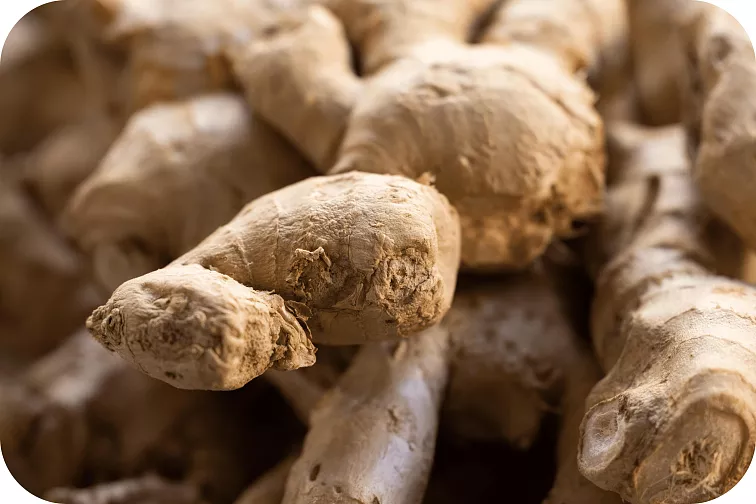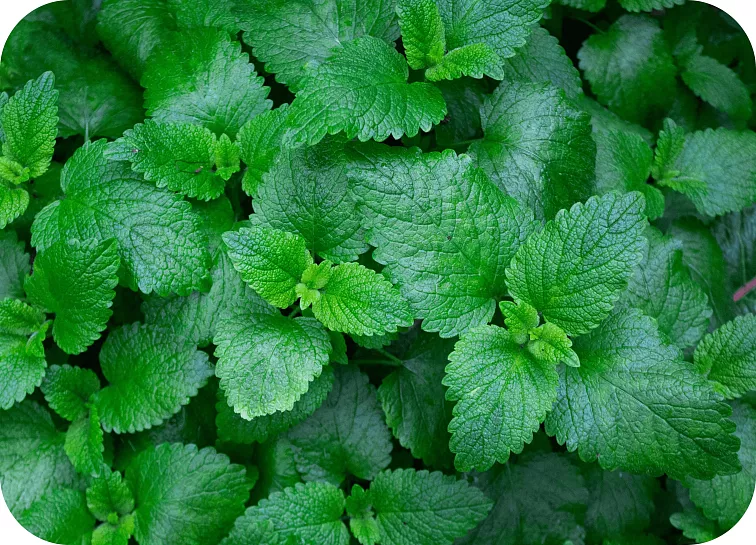Terpenes are still a relatively new product on the market. They have countless positive effects, but it's easy to get lost in them and accidentally step on the wrong foot. In this article we will look at the effects of terpenes on plants and especially on the human body. We'll go over a few specific terpenes and their potential uses so you don't have to be confused when choosing.

Functions of terpenes for plants
One of their main functions is that terpenes give the plant its flavour and aroma. They appear in the leaves, fruits, flowers, rhizomes and roots of the plant. Different varieties have different flavours and aromas due to the different combination of terpenes, which is called the terpene profile. We will talk more about the terpene profile next time.
Other functions of terpenes
Terpenes have other functions for plants. They attract pollinating insects for reproduction, deterring and killing predators. They help regulate the metabolism and aging of the plant. Some terpenes occur automatically in plants, others are produced by the environment - terpenes can also be produced in plants due to stress (excessive light, lack or excess of water...) But how do they work on the human body? Let's answer this question with a few specific cases of terpenes.
Myrcene
Myrcene is most commonly found in cannabis and is one of the most important terpenes. It also has its effect in the fight against inflammation and as a natural antibiotic.
Myrcene has a very strong relaxing, calming and sedative effect. Citrus essential oil contains high levels of myrcene. Many people claim that eating a mango 45 minutes before consuming psychoactive cannabis results in a faster onset and greater intensity


Limonen
Another of the many common and potent terpenes is Limonene. Like myrcene, it has anti-inflammatory and antibacterial effects. Several studies have shown that limonene is an effective protector against toxins in smoke.
Another 2013 study revealed that this terpene reduces tumour growth in women with early-stage breast cancer. It penetrates easily and quickly into the body and its effects are virtually immediate.
According to experts, limonene also increases attention, concentration, gives well-being and increases sexual libido.
Pinen
Pinen has found its abundant use mainly in the pharmaceutical industry. It is used in the manufacture of medicines and as a topical antiseptic. It also gives energy, improves concentration and overall satisfaction. Patients suffering from arthritis, Crohn's disease and cancer can benefit from pinene.


Terpineol
If a plant produces a high pinene content, it is quite likely that it also contains terpineol. It is associated with strong sedative effects. When terpineol was tested on mice, it was able to reduce their mobility by up to 45%. In addition to being a sedative, terpineol has strong antibiotic and antioxidant properties.
Eucalyptol
Eucalyptol is one of the terpenes that most of you are familiar with. It is perfect for pain relief, improving concentration and mental balance. It is widely used in meditation exercises. If you are looking for a strong aromatic terpene to maintain mental and physical harmony, reach for eucalyptol.


Karyofylen
Like myrcene and limonene, caryophyllene has anti-inflammatory and analgesic properties. It works great against mould too. Topical application of caryophyllene also relieves toothache.
Caryophyllene also has a bright future in the world of rehabilitation. Increasing caryophyllene intake reduces voluntary alcohol intake and could thus be an excellent aid in rehab.
Nerolidol
Nerolidol belongs to the group of highly aromatic, pungent terpenes. This terpene may have antifungal (it is excellent in fighting fungi) properties and helps prevent parasites in the body.


Borneol
In Chinese medicine, it has found its use in remedies for fatigue, stress and persistent infectious disease. According to more recent studies, borneol can be used against diseases caused by ticks, fleas and mosquitoes. One published study even shows that borneol kills breast cancer cells.
Linalool
Linalool is currently used primarily in the treatment of cancer. It has sedative effects, reduces anxiety, has antiepileptic properties and works as a quality painkiller.
It is currently used in the treatment of various types of cancer. Linalool has a calming effect, counteracts anxiety and has sedative effects. Linalool is responsible for the sedative effects of certain psychoactive strains of cannabis. In tests on mice, their activity was reduced by 75%. It also has analgesic and antiepileptic properties.
Patients suffering from arthritis, depression, seizures, insomnia and cancer have found relief from this terpene.


Menthol
Menthol is one of the most familiar terpenes to humans. This substance is most often used in medical products (ointments, tablets) for its local numbing and cooling effects.
General positive effects of terpenes
There are countless different terpenes that vary in their composition, scent and effects. In general, however, terpenes can be said to have sedative effects, relieve pain in the body and help maintain the psychological balance of the organism. They have a great effect on the human nervous system and can deal with stress and nervousness. They also have an effect on the digestive system and help to improve digestion.
